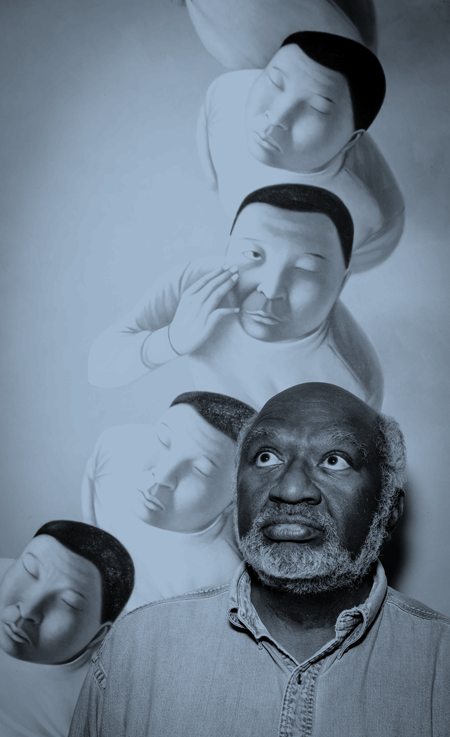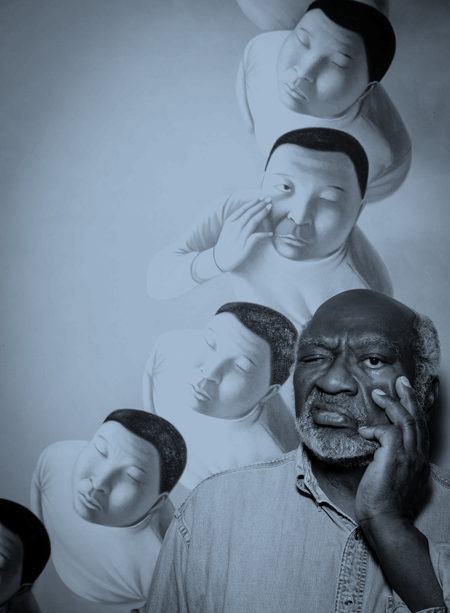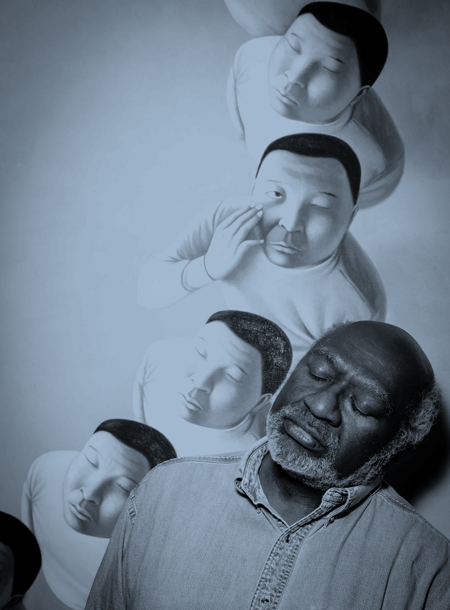Caution: Writer at Work
Yesterday while I sat at my computer writing I could hear through the floor, in the basement, two giant gladiator robots pummeling each other with sledgehammers.
Actually, what I heard was a couple of plumbers replacing my landlords' ferkatka water heater. The noise wasn’t constant but every once in awhile so loud I felt vibrations through my feet. I could have de-camped—taken a laptop to the library or a coffee shop—but the beating and banging didn’t actually bother me that much. Some writers are hyper sensitive to extraneous noise; they flinch when dust motes hit a shag carpet. But I was cool with the robots. What I can’t tolerate when I’m trying to write is people talking. I know a writer who listens to National Public Radio while she works, and that would distract me to the point of madness.
It’s always interesting to find out what writers and poets consider the ideal work environment. Some of us need complete isolation in a room quiet as a church. Others can put up with—or even prefer—noise and activity around them. Western novelist Louis L’Amour once said, “I’m not picky when I write. I could be happy at a desk in the middle of Hollywood Boulevard at noon.” Maya Angelou couldn’t write in a fancy, well-appointed space. She preferred ratty hotel rooms. Eighteenth-century German poet Friedrich Schiller found inspiration from the smell of rotting apples in his desk drawer. Whenever the wife tossed his current crop he'd grab a new batch from someone’s trash.
Some writers require absolute silence; others need music to set a mood. I have one friend (who might be reading this) who listens to Chopin piano etudes; he never listens to anything else when he’s writing and he never listens to them any other time. He’s a husband and father with a full-time teaching gig, so when he manages to carve out an hour or two to write he can't mess around checking email or watching cute emu videos or googling vacations spots in Costa Rica. He’s setting up a Pavlovian response; when his brain hears Chopin it says, “Okay, time to get to work.”
Since retiring from my full-time job I love writing at home in my cozy, messy office off the kitchen. And I need music, but I’m picky; it needs to be instrumental and melodic: early Miles Davis, Mozart, Erik Satie solo piano, classical guitar, Ben Webster sax…a pretty long list, but nothing loud and frenetic. (I save the head-banging rock and funk for when I’m doing housework.) But it can’t be TOO mellow: no “soft jazz” or goopy New Age California hot tub music.
According to Virginia Woolf, “A room of one’s own” is the writer’s most important tool. We all need that sacred space—whether it’s a desk in the living room or a “lucky cubicle” in a quiet corner of the library. We might have very different needs for our work environment, but the one thing we all have in common is that we keep at it—keep plowing ahead through the moments of boredom or disappointment, through the crises of confidence and the skepticism of non writers who don’t understand what we do or why we do it.
Hall-of-Fame basketball player Julius Erving once said, ”A professional is a person who does what he loves on the days he doesn’t feel like doing it.” This writer won't even try to say it better than that



